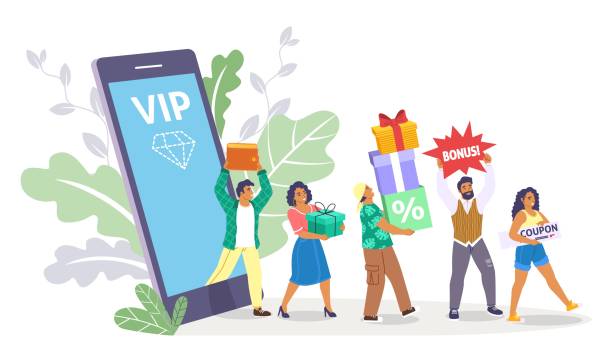News and Announcements

Is there a connection between the impact of inflation and the growth in loyalty and reward programs?
- Published October 24, 2024 11:00PM UTC
- Publisher Steve Torso
- Categories Capital Insights, Landing, Trending
My brain has become good at noticing trends in my day-to-day conversations.
In the last few weeks, I have had conversations with five new companies about various rewards programs, all targeting different niches.
Are rising inflation rates and increasing cost of living pressures driving the surge in loyalty reward programs across consumer, nonprofit, and business sectors? The growing prominence of these programs suggests a potential link that warrants further investigation.
This analysis highlights how these economic factors drive the creation and evolution of reward programs, particularly among startups.
Consumer Loyalty Programs
- Increased Demand for Value: As inflation drives up prices, consumers are more inclined to seek value through loyalty programs. Statistics indicate that 75% of consumers in loyalty programs are likely to purchase more from brands that offer such incentives. This trend is particularly pronounced among younger generations, with 63% of Millennials and Gen Z shoppers unwilling to commit to brands lacking loyalty offerings34.
- Behavioural Shifts: Consumers are modifying their spending habits to maximise benefits from loyalty programs. Reports show that 73% of consumers adjust their spending to take full advantage of rewards, indicating a strong link between economic pressures and program participation4.
- Startups Innovating Loyalty Solutions: New businesses are emerging with innovative loyalty solutions tailored to meet consumer needs in a challenging economic climate. For example, platforms like CX Loyalty Impact allow customers to donate reward points to nonprofits, aligning consumer values with spending behaviours and enhancing engagement2. This not only attracts customers but also fosters a sense of community and shared purpose.
Nonprofit Loyalty Programs
- Engaging Donors through Rewards: Nonprofits increasingly adopt loyalty programs to enhance donor engagement and retention. By offering tiered membership benefits and personalised rewards, organisations can create more meaningful connections with supporters. For instance, bLoyal provides tools for nonprofits to automate donor engagement and offer exclusive benefits, which can help sustain funding during economic downturns1.
- Building Emotional Connections: Nonprofits leveraging loyalty rewards can cultivate stronger emotional ties with donors, which is crucial during times when financial contributions may wane due to economic pressures. Programs that reward recurring donations or provide unique experiences can significantly enhance donor loyalty1.
Business Loyalty Programs
- Strategic Adaptation: Businesses are revamping their loyalty strategies in response to inflationary pressures. Many companies report that their loyalty programs have been instrumental during economic downturns, with 81% stating these initiatives helped maintain customer relationships5.
- Investment in Customer Retention: Companies are shifting their focus from acquisition to retention, with 67% planning to increase investments in customer loyalty during challenging economic times5. This shift reflects an understanding that retaining existing customers through enhanced loyalty offerings can be more cost-effective than attracting new ones.
- Diverse Reward Options: Businesses are recognising the importance of offering diverse reward options to retain customers effectively. Research indicates that 78% of businesses believe providing varied redemption choices positively impacts customer satisfaction and retention5. This adaptability is crucial as consumers seek more personalised experiences amid rising costs.
Counter Evidence
While the correlation between inflation and the rise of loyalty programs is compelling, there are counterarguments:
- Scepticism About Program Value: Some consumers may become sceptical about the true value of rewards programs if they perceive them as insufficient compared to rising costs. If the perceived benefits do not outweigh the effort required to engage with these programs, participation may decline.
- Economic Uncertainty: Despite the presence of rewards programs, broader economic uncertainty may lead consumers to prioritise savings over spending, potentially dampening the effectiveness of these initiatives.
In conclusion, the interplay between inflation, cost-of-living pressures, and the rise of loyalty reward programs is significant across consumer sectors, nonprofits, and businesses alike.
Startups are particularly well-positioned to innovate within this space by creating programs that resonate with consumer values while addressing economic challenges. As organisations adapt their strategies in response to these pressures, the effectiveness and appeal of loyalty programs will likely continue to evolve.
Are you a Founder, Advisor or Fund Manager?
Click here to learn more about our Capital Raising Solutions.
Trending
Backed By Leading Investment Groups and Family Offices








